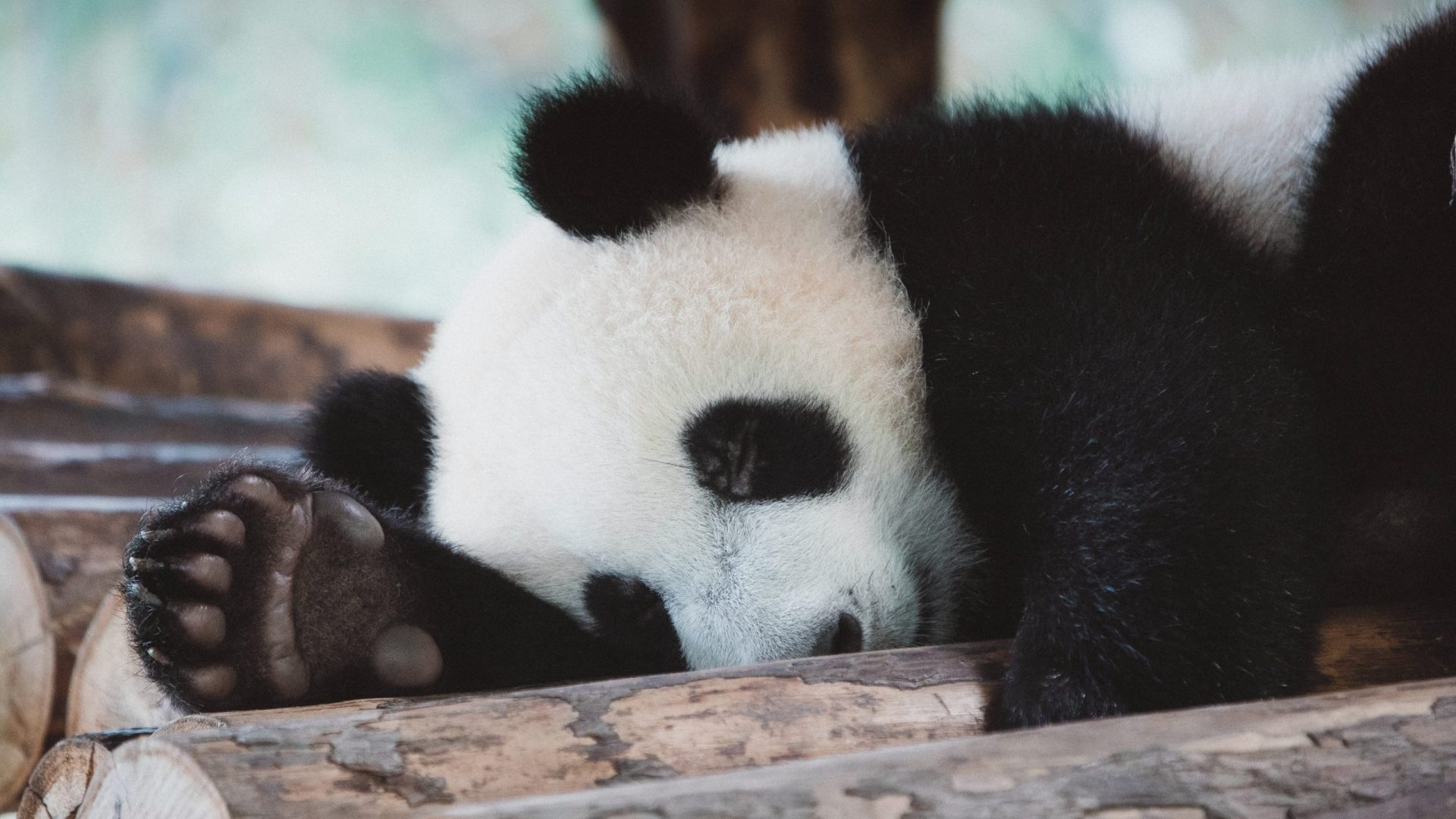
The UK is out of pandas, and the US is running low. What is panda diplomacy, why is it a big deal, and why are all the pandas going home to China?


The UK is out of pandas, and the US is running low. What is panda diplomacy, why is it a big deal, and why are all the pandas going home to China?
After decades of charming visitors from around the world, China’s cutest diplomats have returned home from Edinburgh and Washington, D.C. on the FedEx Panda Express (yes, there really is a plane just for these pandas and it is indeed dubbed the ‘Panda Express’—we couldn’t make this stuff up).
The Edinburgh Zoo said goodbye this month to Yang Guang and Tian Tian, who have been in residence at the zoo since 2011. The Smithsonian National Zoo in Washington, D.C., also said goodbye to three bears: Tian Tian and Mei Xiang, who arrived in 2000, and their cub Xiao Qi Ji, born at the zoo in 2020.
China has been gifting, lending, and leasing pandas around the world for well over a thousand years. The practice is called panda diplomacy, and as of October, about 65 bears were living outside of China. While bears were generally given as gifts up until fairly recently, most of the pandas outside of China today are on loan, and zoos pay a fee of USD$500,000 to $1 million per year for a 10-year lease that can be renewed under some conditions. As of earlier this year, there were just three pandas not owned by China, one of whom lives in the Mexico City Zoo and is nearing her life expectancy
Some have questioned whether the bears’ return home marks the end of panda diplomacy, but President Xi Jinping hinted in a recent speech that it’s not dead yet. At a dinner of business executives in San Francisco, he said China was “ready to continue our cooperation with the United States on panda conservation.” He added that the bears are “envoys of friendship between the Chinese and American peoples,” according to The New York Times.
Conservation efforts have contributed to the rehabilitation of the panda population. In 2021, pandas were officially moved off the endangered species list. They’re now considered “vulnerable.” But a recent study has found they may not thrive in captivity, at least not in zoos at different latitudes to their home in China. A study observing bears at five different zoos found that they’re less active than they would be in the wild, and more likely to display abnormal behavior when they’re outside their normal latitude. Pandas bred in captivity and released to the wild are also less likely to survive. National Geographic reported in 2021 that 14 bears had been released to the wild—12 of them captive-bred—and that only nine survived.
Regardless, the bears’ departure from the US and UK was a sad affair for fans who have loved observing them over the years. There are no more left in the UK, and in the US the only remaining bears are in Atlanta. The situation even came up in a recent Congressional hearing, when Wisconsin Congressman Bryan Steil questioned Smithsonian Secretary Lonnie Bunch III about whether the bears might come back. “We would like to have the pandas back, and we would like to negotiate with the Chinese to do just that,” he said.
***

Kassondra Cloos is a travel journalist from Rhode Island living in London, and Adventure.com's news and gear writer. Her work focuses on slow travel, urban outdoor spaces and human-powered adventure. She has written about kayaking across Scotland, dog sledding in Sweden and road tripping around Mexico. Her latest work appears in The Guardian, Backpacker and Outside, and she is currently section-hiking the 2,795-mile England Coast Path.






Can't find what you're looking for? Try using these tags: